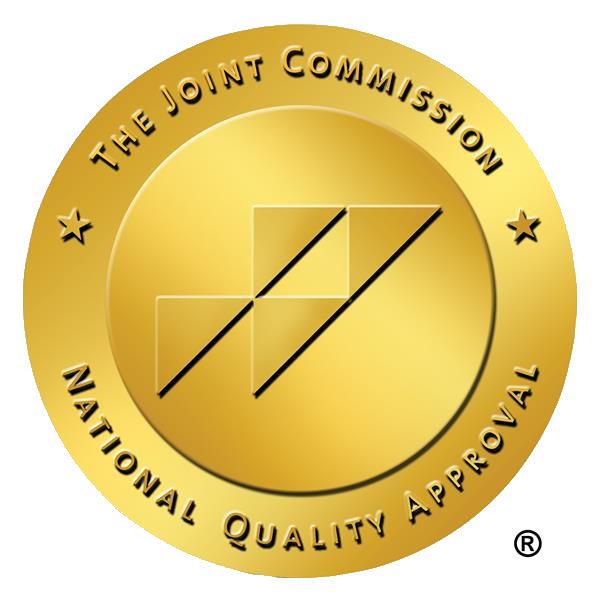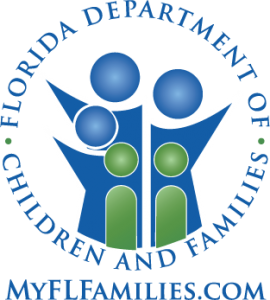Fentanyl Addiction Treatment
One of the deadliest recreational drugs on the market, Fentanyl is a highly addictive substance related to heroin.
Fentanyl is also associated with opioid abuse. Opioid addicts often turn to heroin and Fentanyl when they run out of their opioid source. Below is more information on Fentanyl, its effects, risks, and treatment options.
What is Fentanyl?
Fentanyl is a prescription drug used for pain relief. It is similar to Morphine but 50-100 times more potent. Chronic pain sufferers that no longer find comfort from opioids are occasionally prescribed Fentanyl.
The Centers for Disease Control and Prevention state that Fentanyl sold on the black market is ordinarily not pure but a blend of various substances like heroin and cocaine. Very little Fentanyl is necessary to get high.
Opioid drugs similar to Fentanyl include:
- Buprenorphine
- Methadone
- Naloxone
- Oxycodone
- Hydrocodone
- Suboxone
- Oxycontin
- Codeine
Prescription opioids were initially only for cancer patients as pain relievers. However, in 2017, 59% of overdose deaths were opioid-induced.
Understanding Fentanyl
Prescription Fentanyl and clandestine Fentanyl are two very different things. Fentanyl sold illegally is often sought after by those with a substance abuse disorder or triggered by an opioid use disorder.
Opioids were never intended to be accessible to the general public but are now notoriously over-prescribed for inpatient and outpatient therapies.
Fentanyl Abuse & Effects
Even when prescribed by a doctor, Fentanyl has an extremely high risk of addiction. Those suffering from mental health issues or with a predisposition for a substance use disorder may have an increased risk.
Effects of Fentanyl abuse include:
- Extreme happiness
- Drowsiness
- Constipation
- Trouble breathing
Opioid overdose and Fentanyl overdose have similar symptoms. These include hypoxia, loss of consciousness, and death.
Signs of a Fentanyl Addiction
Even when prescribed by a doctor, Fentanyl has an extremely high risk of addiction. Those suffering from mental health issues or with a predisposition for a substance use disorder may have an increased risk.
Effects of Fentanyl abuse include:
- Extreme happiness
- Drowsiness
- Constipation
- Trouble breathing
Opioid overdose and Fentanyl overdose have similar symptoms. These include hypoxia, loss of consciousness, and death.
Florida Fentanyl Addiction Treatment
Because of the rapid increase in opioid drug addiction, there are now several options for Fentanyl treatment. The National Institute of Drug Abuse reports that there is now an app for addiction treatment.
An addiction medicine treatment program may include:
- Medication-assisted treatment
- Detox
- Cognitive-behavioral therapy
These methods create a treatment plan that helps users stay clean by concentrating on physical and behavioral health.
Give us a call anytime day or night:





